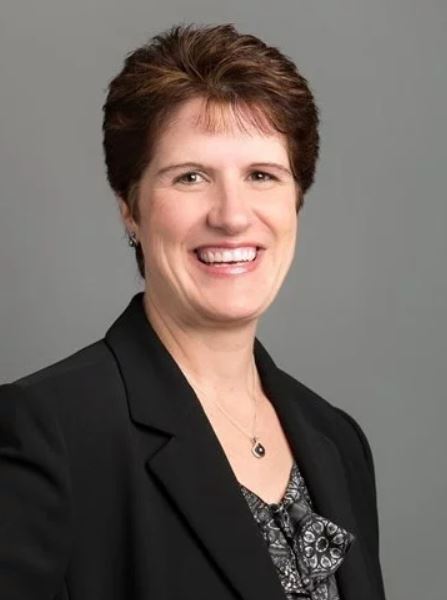
HVS ANAROCK MONITOR, January 2026
 By Dipti Mohan, Dhwani Gupta, and Shivansh Agarwal,
By Dipti Mohan, Dhwani Gupta, and Shivansh Agarwal,
Read the latest edition of the HVS ANAROCK monthly industry update, MONITOR (Monthly Overview of National Industry Trends and Hospitality Report), for the key trends in the Indian hospitality industry.









